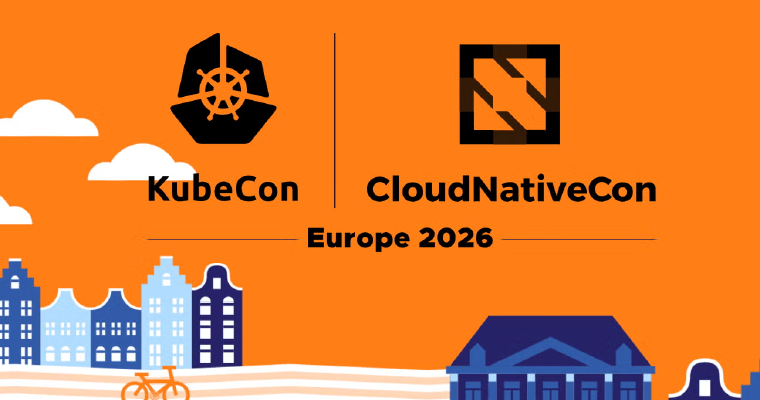In light of the recent political changes in the US, companies in the EU are starting to look for ways to break free from the giant US cloud providers. But cutting ties won’t be easy.
For years, European businesses have relied on American cloud giants - Amazon Web Services (AWS), Microsoft Azure, and Google Cloud - to host their data, run applications, and power digital infrastructure. But, as global politics shift and concerns about data privacy rise, many European companies are rethinking their reliance on US tech firms.
The Growing Call for Digital Sovereignty
Under the Trump administration, European businesses and governments have grown increasingly wary of the US government’s influence over American tech companies. A key concern is the CLOUD Act. The Clarifying Lawful Overseas Use of Data (CLOUD) Act allows US authorities to access data stored by American tech firms to investigate serious crimes, even if that data is housed outside of US borders.
The government argued it would facilitate cross-border cooperation on criminal investigations. However, the CLOUD Act has triggered fears that sensitive European data could be subject to US legal scrutiny, leading some organizations to explore alternatives closer to home.
“There’s a huge appetite in Europe to de-risk or decouple from over-dependence on US tech companies,” says Marietje Schaake, a nonresident fellow at Stanford’s Cyber Policy Center and a former member of the European Parliament. This sentiment was echoed in an open letter signed by over 100 organizations urging European officials to push for greater technological independence.
The Shift Toward European Cloud Providers
European cloud providers are seizing the opportunity. Companies like OVHcloud, Nextcloud, and Open Telekom Cloud are positioning themselves as viable alternatives to the US hyperscalers.
“The motivation to use digitally sovereign providers has shifted,” says Falk Weinreich, Managing Director of OVHcloud Germany. “It’s no longer just about data protection - it’s about the fear of a shutdown from the American side.”
This concern is not unfounded. A significant percentage of European businesses rely on American cloud providers, meaning any disruption - whether political, regulatory, or technical - could have unpredictable consequences.
The Challenges of Moving Away from US Clouds
Despite the momentum, breaking free from US cloud dominance is easier said than done. The major American providers - Amazon Web Services (AWS), Microsoft Azure, and Google Cloud Platform (GCP) - still dominate the global market, holding an estimated 62% share (Statista, 2025).
While Europe’s cloud ecosystem is evolving fast, European providers are still working to match some capabilities - especially large-scale deployments, advanced AI workloads, and global reach. That’s why many organizations are taking a pragmatic path: adopting a hybrid cloud strategy that combines both US and European providers. This way, they can spread risk, increase resilience, meet data sovereignty goals, and still benefit from the innovation coming out of the big three.
The Path Forward
While the transition to European cloud providers is still in its early days, it reflects a much bigger conversation around digital sovereignty and infrastructure resilience. In an era of fragile supply chains, it is crucial to remain secure, flexible, and independent.
One initiative supporting this shift is NeoNephos, a community-driven platform that brings together cloud-native experts, projects, and providers focused on building sovereign cloud infrastructure in Europe. It aims to empower companies, governments, and developers with resources, best practices, and tools to reduce reliance on foreign hyperscalers and foster a more autonomous cloud ecosystem.
For companies looking to take back control of their cloud environments - without compromising on performance - solutions like Kubermatic Virtualization (KubeV) and Kubermatic Developer Platform (KDP) offer a powerful alternative. With KubeV, organizations can build and manage their own private cloud infrastructure entirely with Kubernetes. It’s a strong fit for companies handling sensitive data, offering greater flexibility and helping ease privacy concerns.
As Europe’s Cloud landscape continues to evolve, businesses will need to think strategically about how they balance security, performance, and independence. And it is clear that the potential break-up with US cloud giants won’t happen overnight. It will be gradual, complex, and in many cases, hybrid. But one thing is for sure: the conversation about digital independence is only just beginning.




